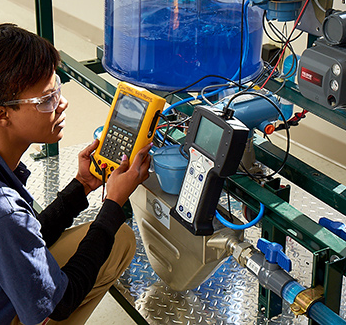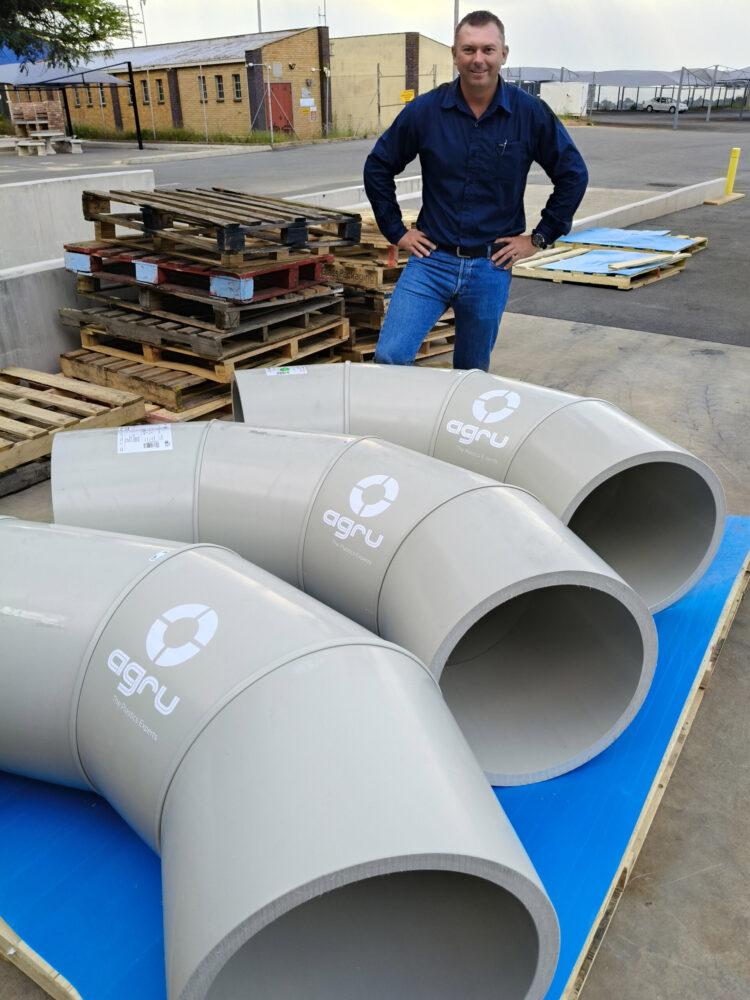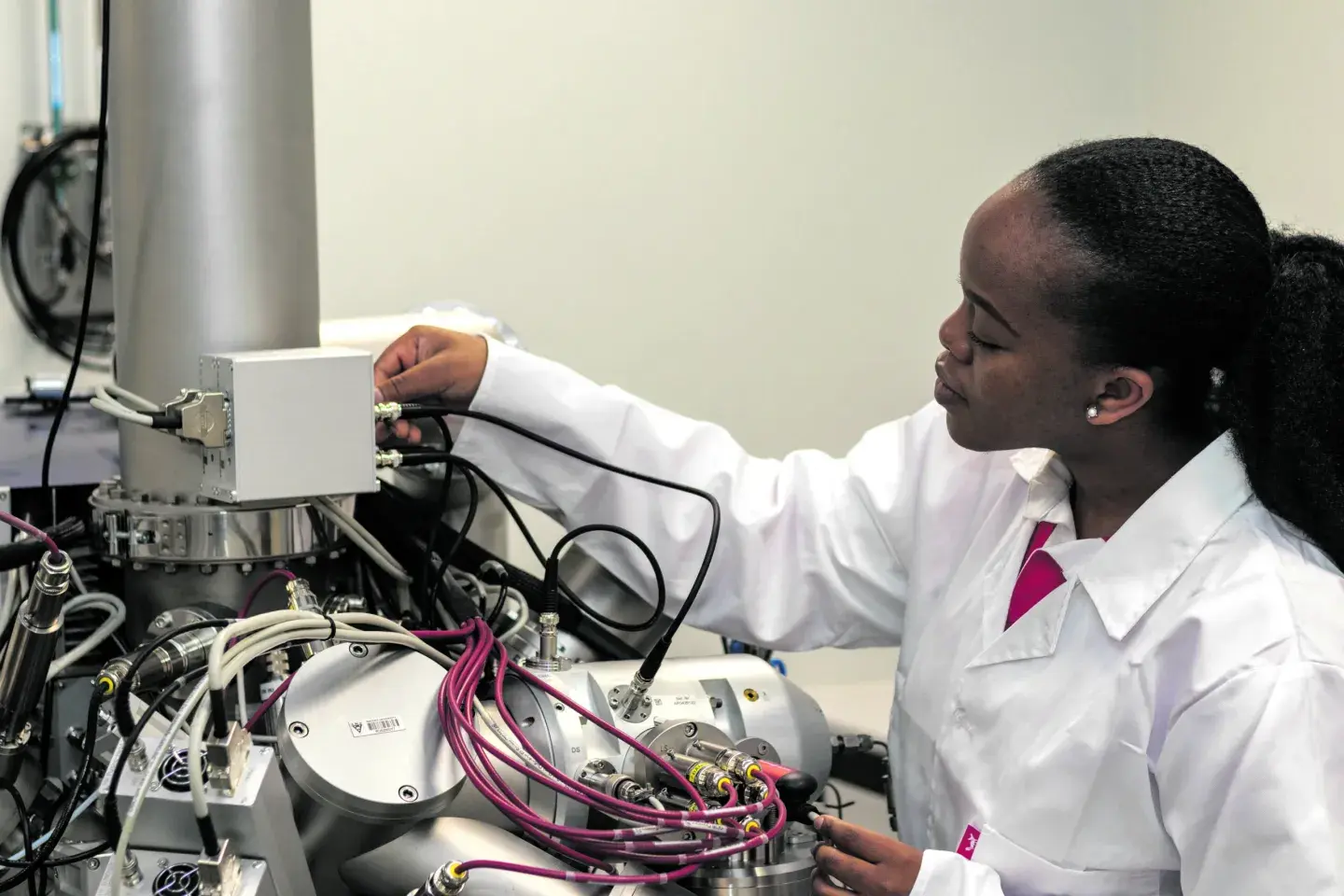Explore Our Bill Payment Services:

- Salary And Allowance
- Engineers Salary
- South Africa
Salary And Allowance Structure Of Instrumentation & Control Engineering In South Africa
Instrumentation & Control Engineering, often referred to as I&C Engineering, is a specialized discipline of engineering that focuses on the design, installation, maintenance, and optimization of systems that measure, monitor, and control processes. These systems are fundamental to industries where precision and automation are critical, such as mining, oil and gas, power generation, chemical production, and manufacturing.
An I&C engineer typically works with sensors, programmable logic controllers (PLCs), distributed control systems (DCS), supervisory control and data acquisition systems (SCADA), and other automation technologies. The ultimate goal is to ensure that industrial processes run smoothly, safely, and efficiently.
In South Africa, where mining and energy production are central to the economy, the demand for skilled I&C engineers continues to grow. These professionals are highly valued because they help companies minimize downtime, improve safety, and maximize productivity.
Salary Overview: How Much Do I&C Engineers Earn?
Average Base Salaries
Instrumentation engineers in South Africa typically earn around R44,000 to R45,000 per month, translating to approximately R530,000 per year. This range applies to professionals with moderate experience and reflects the national average across industries.
For Control Engineers, who often overlap with instrumentation roles, the average annual salary is slightly higher, usually falling between R650,000 and R670,000 per year.
These averages show that the profession is competitive, and the earnings are attractive compared to many other engineering disciplines.
Industry Insights
Across South Africa, Instrumentation & Control Engineers earn a median salary of nearly R700,000 per year. Entry-level pay often starts around R450,000 annually, while highly skilled professionals can earn above R800,000. Many engineers also receive an additional income package in the form of cash bonuses or allowances that can push their total annual earnings even higher.
Large corporations, such as those in petrochemicals, power generation, and mining, are among the highest-paying employers. For example, engineers working in well-established companies with structured graduate programs often earn well above the national median.
Senior I&C Engineers
For those with more than 8–10 years of experience, the numbers rise significantly. Senior Instrumentation Engineers can expect salaries averaging R870,000 per year, with many earning between R700,000 and R1.2 million annually. At this level, annual bonuses may range from R46,000 to over R100,000, depending on company performance and individual contributions.
Location and Company Variations
Location plays a major role in determining pay. In Randburg, Pretoria, Johannesburg, and Sandton, salaries often exceed R900,000 annually, reflecting the concentration of industries and corporate headquarters in Gauteng. By contrast, professionals in Cape Town average around R565,000 annually, while those in Port Elizabeth may earn closer to R485,000.
Different employers also offer varied salary structures. Some companies pay average salaries around R545,000 per year, while in specialized industries or senior roles, compensation can exceed R1 million annually.
Allowances, Bonuses, and Additional Compensation
Apart from base salaries, Instrumentation & Control Engineers in South Africa often benefit from a range of allowances and incentives:
-
Performance Bonuses: Senior engineers frequently receive annual bonuses ranging from R40,000 to over R100,000 based on project completion, performance ratings, or company profitability.
-
Additional Pay: Many companies provide extra compensation in the form of profit sharing or once-off cash bonuses. These payments average around R50,000 annually for mid-to-senior-level engineers.
-
Travel Allowances: For engineers working on-site at remote mines or power stations, travel allowances are standard. Some job postings indicate monthly allowances of R40,000–R45,000 when factoring in travel and site-related pay.
-
Housing and Subsistence Allowances: For engineers stationed at long-term project sites, housing subsidies or subsistence allowances are occasionally offered.
-
Other Benefits: Pension contributions, medical aid, and sometimes vehicle allowances are common additions to total compensation packages.
Compensation Trajectories and Gender Disparities
Salary Progression
Instrumentation & Control Engineers in South Africa typically enjoy consistent salary growth as they gain experience. On average, professionals in this field receive salary increases of about 7% annually. Over an 18-month period, raises often average around 11%, reflecting the high demand for skilled technical staff.
Graduates entering the workforce usually earn R20,000–R30,000 per month (R240,000–R360,000 annually). Within a few years, their salaries can climb above R500,000 per year, especially if they work in high-demand industries such as mining or petrochemicals.
By mid-career (5–7 years of experience), many earn R500,000–R800,000 annually. Senior engineers, particularly those with professional registration, regularly exceed R1 million per year in total compensation.
Gender Wage Gap
A concerning aspect of the salary landscape is the gender pay gap. On average, male I&C engineers earn around R349,000 annually, while female engineers earn closer to R323,000. This 8% gap highlights ongoing disparities in pay equity. Although the gap is smaller than in some other industries, it still reflects broader challenges in achieving fairness in engineering professions.
Professional Status and Career Impact
One of the most critical steps in advancing an I&C engineering career in South Africa is obtaining registration with the Engineering Council of South Africa (ECSA).
Professional designations such as Pr Eng (Professional Engineer) or Pr Tech Eng (Professional Engineering Technician) are often required for senior-level roles, project leadership, and legal sign-off on engineering designs. Holding these qualifications not only increases employability but also significantly boosts salary potential.
Employers are often willing to pay more for registered professionals, as their expertise carries both legal and technical credibility.
Real-World Perspectives from Engineers
While salary surveys provide valuable averages, real-world experiences add important context. Some South African engineers share insights into their earnings:
-
A junior Control & Instrumentation Engineer with 2 years of experience reported a gross salary of about R38,000 per month, with a net take-home of around R23,000.
-
Graduate engineers from structured programs in large companies typically earn between R20,000 and R30,000 per month, while those at smaller firms may start at closer to R10,000 monthly.
-
An automation engineer with 6 years of experience reported earning a cost-to-company (CTC) package of R990,000 per year, showing how lucrative the field can become with experience.
These examples confirm the pattern: salaries start modestly but grow substantially with experience, particularly in automation and control-intensive industries like mining, energy, and petrochemicals.
Regional and Sectoral Dynamics
Location-Based Variances
Engineers in Gauteng Province—especially Johannesburg, Randburg, and Pretoria—consistently earn the highest salaries, sometimes reaching up to R915,000 annually. This is due to the province’s status as the industrial and corporate hub of the country.
In contrast, salaries in smaller or remote cities such as Port Elizabeth or Richards Bay tend to range between R485,000 and R550,000 annually, reflecting reduced demand and cost-of-living differences.
Sector-Specific Compensation
The sector in which an I&C engineer works also has a major impact on earnings:
-
Mining: Offers some of the highest pay packages, often exceeding R1 million per year for senior engineers, due to the critical role of process control and automation in large-scale mining operations.
-
Energy and Power Generation: Another high-paying sector, as reliable instrumentation and control systems are essential for safety and efficiency.
-
Manufacturing and Industrial Automation: Salaries here are competitive but slightly lower than mining, averaging between R500,000 and R800,000 annually for mid-career professionals.
-
Oil and Gas: Roles in this sector offer some of the most lucrative packages, especially for experienced engineers willing to work on remote or offshore sites.
Summary: Salary Breakdown by Level
-
Entry-Level (0–3 years)
-
Monthly: R20,000–R45,000
-
Annual: R240,000–R540,000
-
Structured graduate programs: R300,000–R360,000 annually
-
-
Mid-Level (3–7 years)
-
Annual: R500,000–R800,000
-
Dependent on location, sector, and qualifications
-
-
Senior-Level (7+ years)
-
Annual: R800,000–R1.2 million+
-
Bonuses: R46,000–R108,000 annually or more
-
Allowances & Extras
-
Travel allowances for site work
-
Performance bonuses and profit sharing
-
Pension and medical aid benefits
-
Vehicle or housing allowances for senior staff
Professional Credentials
-
Registration with ECSA as Pr Eng or Pr Tech Eng is essential for higher-paying roles.
Gender Gap and Raises
-
Male engineers earn about 8% more than female counterparts.
-
Average annual salary increase: around 7%.
Final Thoughts and Guidance
Value Upskilling
Pursuing further qualifications, certifications in automation tools, and professional registration will greatly improve earning potential.
Negotiate Wisely
Engineers should not hesitate to negotiate salaries and allowances, particularly when moving to new roles or companies. Large firms often have structured pay scales and are more willing to provide competitive packages.
Monitor Regional Differences
Relocating to regions like Gauteng can significantly increase earning potential, given the higher demand for skilled professionals there.
Embrace Transparency
Although salary discussions are often private, transparency benefits professionals by providing benchmarks. Engineers are encouraged to share experiences within professional networks to help others make informed decisions.
Strive for Equity
Awareness of the gender pay gap is vital. Both employers and employees must take proactive steps to address inequalities and promote fairness across the profession.
Conclusion
Instrumentation & Control Engineering is one of the most rewarding technical careers in South Africa. While entry-level pay is moderate, it grows substantially with experience, professional registration, and specialization. Senior engineers, especially those working in mining, oil and gas, or energy, regularly earn over a million rand annually, with bonuses and allowances adding further value.
The profession not only offers financial stability but also provides opportunities for personal growth, innovation, and leadership in industries vital to South Africa’s economy. For aspiring engineers, this career path promises both professional satisfaction and lucrative rewards.









